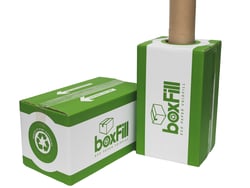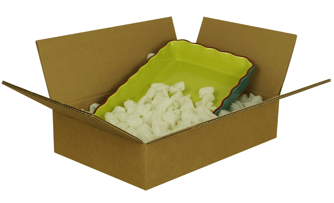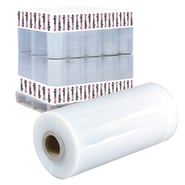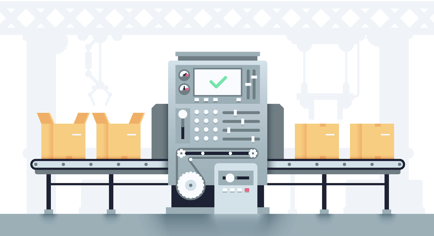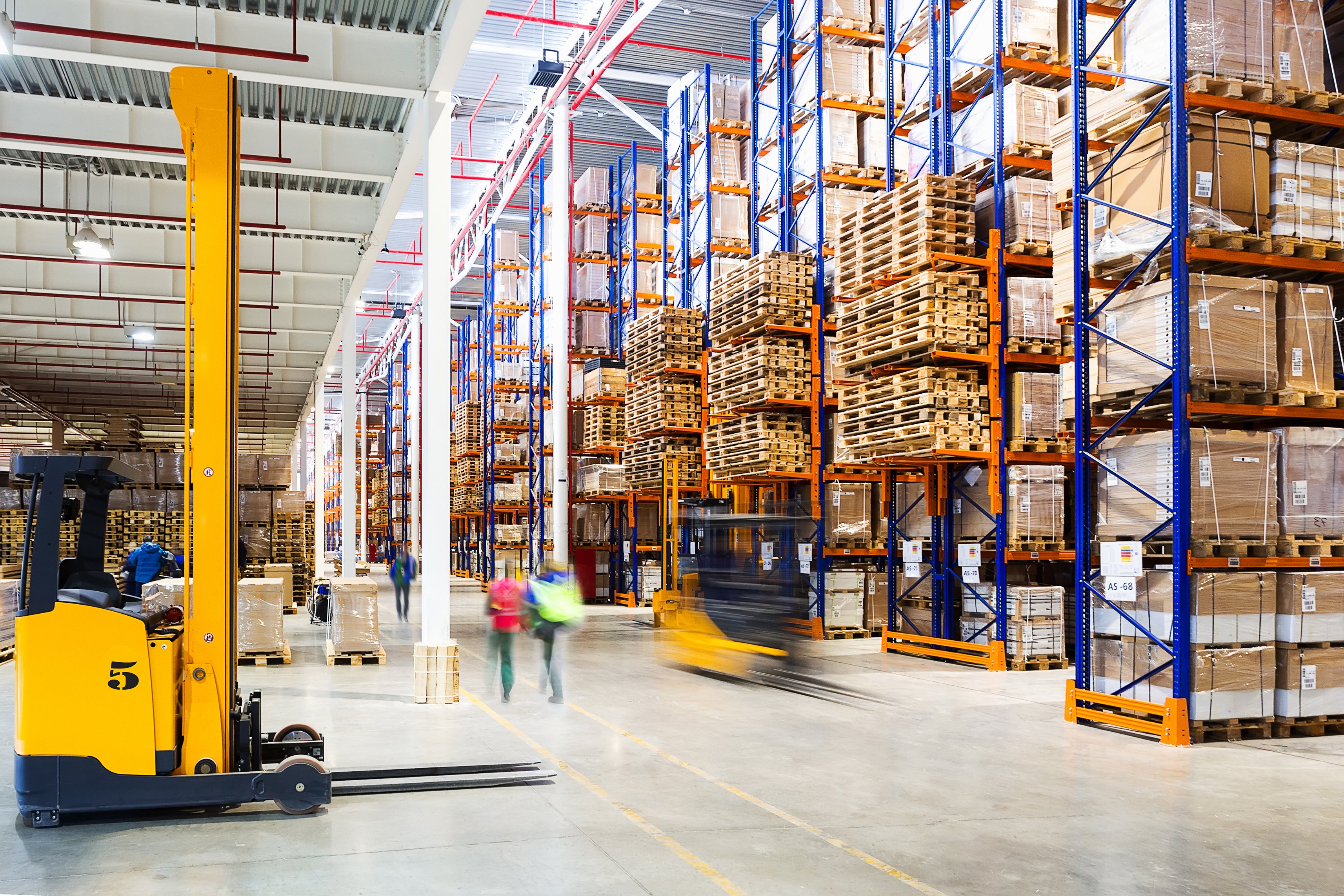
In recent years, there has been a significant shift in the business landscape as companies increasingly recognise the importance of integrating sustainable practices into their operations. Sustainable transformation goes beyond mere compliance with environmental regulations; it represents a proactive commitment to minimising ecological impact and creating a positive legacy for future generations. In this blog post, we will explore the concept of sustainable transformation and how companies can take meaningful steps towards a plastic-free future.
The Key Drivers for a Sustainable Transformation
Consumer Demands and Expectations
One of the primary drivers pushing businesses towards sustainability is the growing awareness and concern among consumers about environmental issues. Today's consumers are increasingly environmentally conscious than ever before and are actively seeking products and services that align with their values. Companies that prioritise sustainable practices gain a competitive edge, as eco-friendly credentials can enhance brand reputation and loyalty. Embracing sustainability not only attracts environmentally conscious consumers but also fosters trust and credibility among a broader audience.
Environmental Regulations and Compliance
Stringent environmental regulations set forth by the UK government and international bodies have become a powerful catalyst for businesses to adopt sustainable practices. Compliance with these regulations is not only a legal requirement but also a moral obligation to protect the environment and foster long-term sustainability. By proactively aligning their operations with these regulations, companies can avoid legal penalties and potential reputational damage associated with non-compliance. By adopting these practices and increasing transparency, businesses both ensure compliance with regulations and empower their customers to make more informed decisions about their purchases.
Cost Savings and Efficiency
Contrary to the misconception that sustainable practices lead to increased costs, many environmentally friendly initiatives can actually result in significant cost savings. For instance, reducing energy consumption, optimising resource usage, and implementing waste reduction strategies can all lead to improved operational efficiency and reduced expenses. This is particularly relevant following the introduction of the Plastic Packaging Tax. Moreover, embracing sustainability can enhance resource resilience by mitigating risks associated with resource scarcity or price fluctuations.
Easy-to-Implement Options for Exploring Allpack's Sustainable Range
Eco-Friendly Packaging Quick-Wins
From all-paper strapping and document wallets, to biodegradable void-fill, there are numerous options available to businesses looking to reduce their reliance on virgin plastic. Further, by implementing more efficient packing processes and transitioning to packing utilities with increased transportability, waste can be reduced from the outset, further improving your green credentials.
Allpack provides a wide selection of sturdy and reliable cartons made from sustainable materials. These boxes are not only durable but also fully recyclable, making them an excellent choice for companies looking to eliminate plastic from their packaging without requiring additional plastic to increase stability.
Packing and Wrapping Options
All-paper bubble wrap is a versatile, lightweight and easy-to-use packaging choice that offers a sustainable alternative that decomposes naturally without harming the environment, providing easy, scalable packing that allows businesses to measure their volumes and accurately report on their material use.
Traditional stretch films are notorious for their plastic content and their detrimental effects on the environment. However, Allpack’s stretch film range contains at least 30% recycled content, with no sacrifice on wrapping performance, meaning your business can cut its reliance without interruptions to its operations.
Say goodbye to conventional plastic tapes with Allpack's eco-friendly tape options. These tapes are crafted from sustainable materials, ensuring that your packages remain sealed without contributing to plastic pollution. Further, through innovations like self-adhesive paper tape, businesses can cut their reliance on expensive, immobile dispensing machines whilst eliminating the need for water use in their packing.
Essential Approaches to Improving Your Packing
Start your sustainable transformation journey by assessing your organisation's current packaging practices. Identify areas where plastic is used excessively and strategise for alternatives.
Looking for expertise in identifying opportunities to go green? Contact us today to learn more about our packaging consultations today.
Establishing clear and achievable goals for transitioning to sustainable packaging can be as simple as reducing plastic usage by a certain percentage. By having specific targets, your organisation can remain focused and accountable and benchmark its sustainability efforts in the long term, ensuring a significant impact over time.
Sustainable transformation requires collective effort, which is why educating and involving your employees in adopting environmentally responsible practices can have a huge impact on your business’s sustainability profile. Encourage them to embrace the vision of a plastic-free future through both their waste management practices and their choice of materials, with rewards and ongoing focus sessions to introduce fresh ideas into your operation’s green initiatives.
To explore further details on how we can assist you in elevating your packaging sustainability and diminishing your environmental impact, we encourage you to reach out to us today. You can easily get in touch by sending us a message or emailing us at sales@allpack.uk.com. We are eager to guide you on your path towards a more sustainable future.
 .
. 